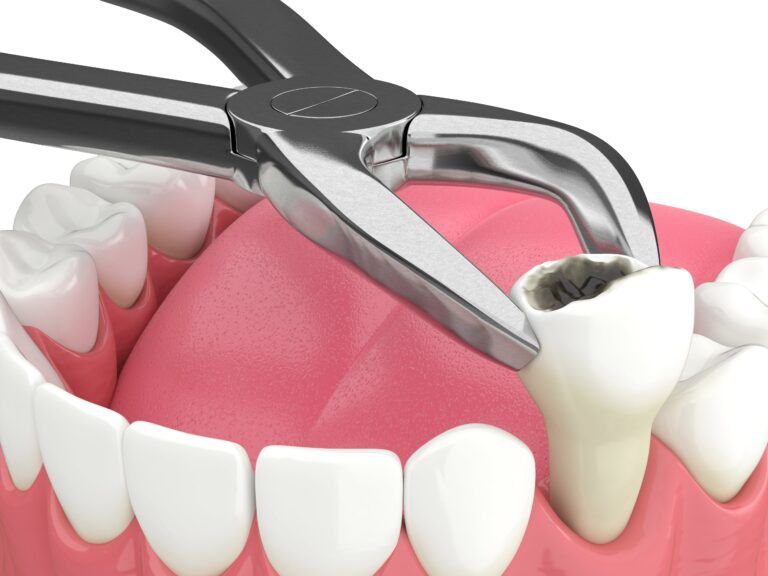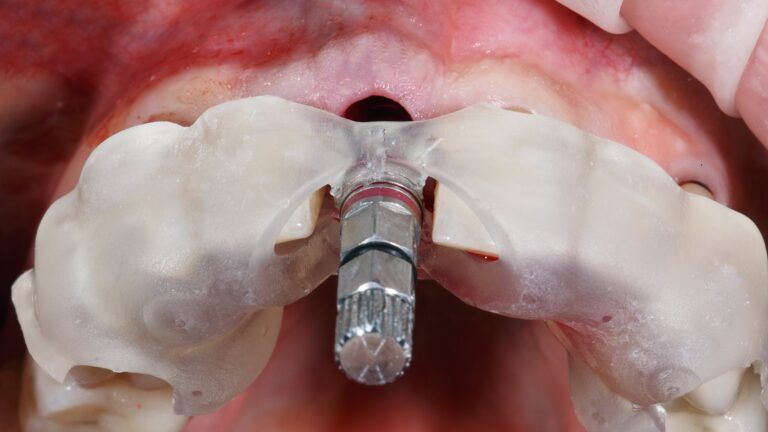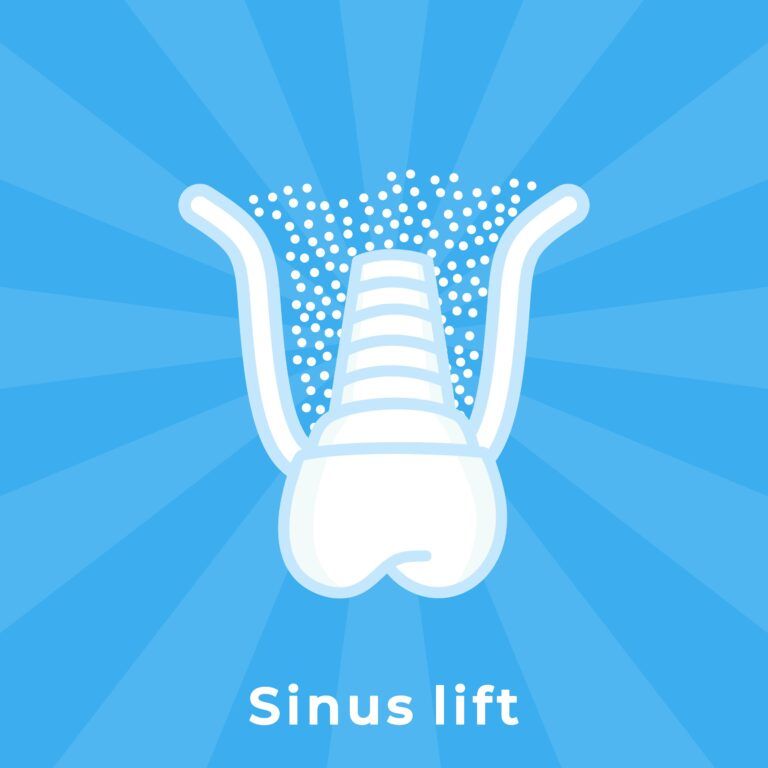
Have you been looking into getting dental implants, but are being held back by a fear of the dentist? If so, you are not alone. Many people have dental anxiety and studies estimate that around 9-20% of the population have severe dental anxiety that causes them to completely avoid the dentist. Even though the dental implant procedure may sound intimidating, you shouldn’t let fear hold you back from getting the perfect smile.
Nowadays, dental implant procedures are easier than ever, even for patients with dental anxiety. This is because your implant dentist has certain techniques that can be used to create an anxiety-free approach to dental implants. Here are four ways that your dental implant specialist alleviates dental anxiety:
Dental Anesthetics
One of the biggest reasons people fear having dental implants placed is because they think it is excruciatingly painful. For starters, this simply isn’t true because dental implants are placed in an area that contains little to no nerves. Additionally, your implant dentist uses dental anesthetics when they place the implants, so you should feel absolutely nothing at all. This is because dental anesthetics block the nerve signals responsible for pain. Therefore, instead of pain, you will simply feel numb. In some cases, you may also feel pressure from the work being done.
Nitrous Oxide
Nitrous oxide, also known as laughing gas, is an inhaled sedative that can be used to provide minimal to moderate sedation, depending on the concentration of the gas. It is supplied by a small gas mask that is worn over the nose during the entire procedure. By inhaling nitrous oxide, you can expect to feel relaxed and even euphoric. However, you will still be conscious, aware of what is happening, and able to respond to those around you. After your procedure, the effects of nitrous oxide will wear off once you stop inhaling the gas, meaning that you can drive yourself home. Since there are no long-term effects of nitrous oxide, it is a popular dental sedation method.
Oral Sedation

Oral sedation is another sedation method that can be used to provide a slightly deeper level of relaxation. With oral sedation, you will take a sleeping pill the morning of your procedure. In some cases, you may also be instructed to take one the night before and to fast for a certain amount of time before your procedure. Oral sedation will put you in a light sleep, however you can be easily awakened if necessary. Unlike nitrous oxide, oral sedation will stay in your system longer, so you will need to have someone else drive you to and from your procedure.
IV Sedation
Intravenous (IV) sedation is the deepest level of sedation, as well as the strongest and fastest-acting. This is because it is delivered directly to your bloodstream through a vein. Before having IV sedation, you will need to fast for about 8 hours before your procedure. While under IV sedation, you will be in a twilight sleep that keeps you unaware of what is happening around you. This also means that you will have no memory of the procedure. Just like oral sedation, IV sedation takes longer to wear off, meaning that you will need a driver to bring you to and from your appointment.

Irfan Atcha, DDS, DICOI, DADIA at New Teeth Chicago Dental in Chicago, Illinois is a board-certified general dentist and a nationally recognized expert in dental implants, cosmetic dentistry, and sedation dentistry.





